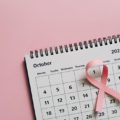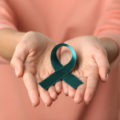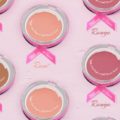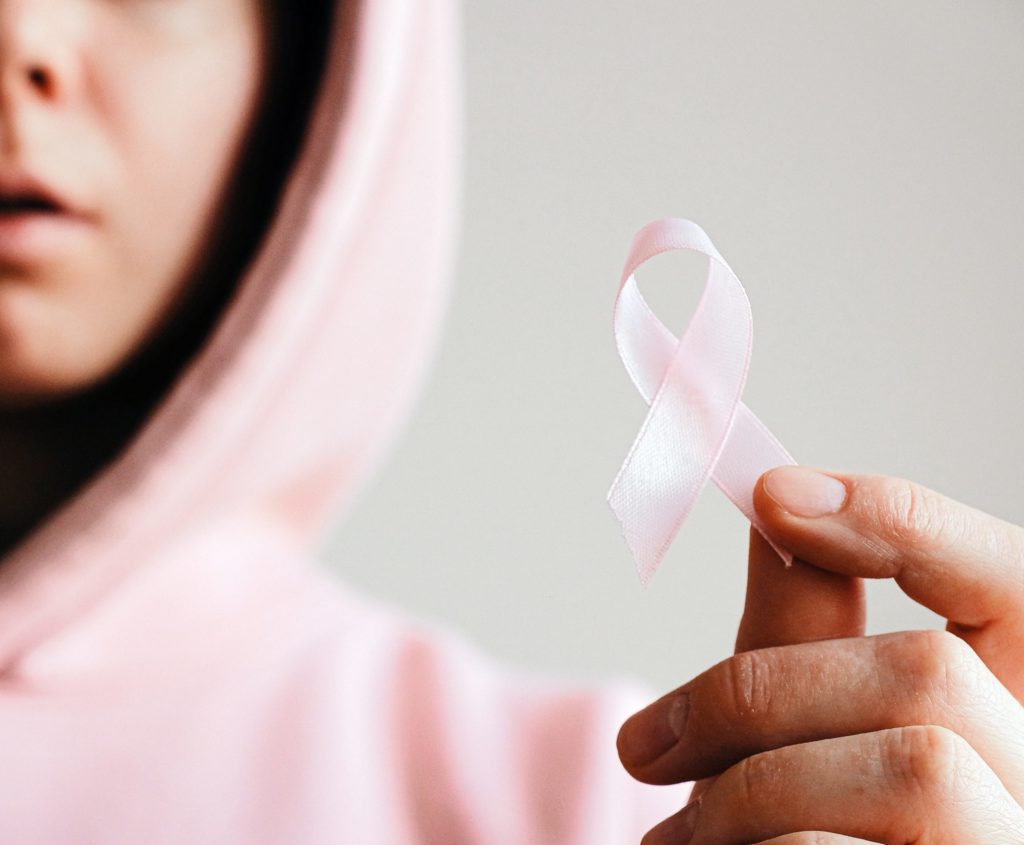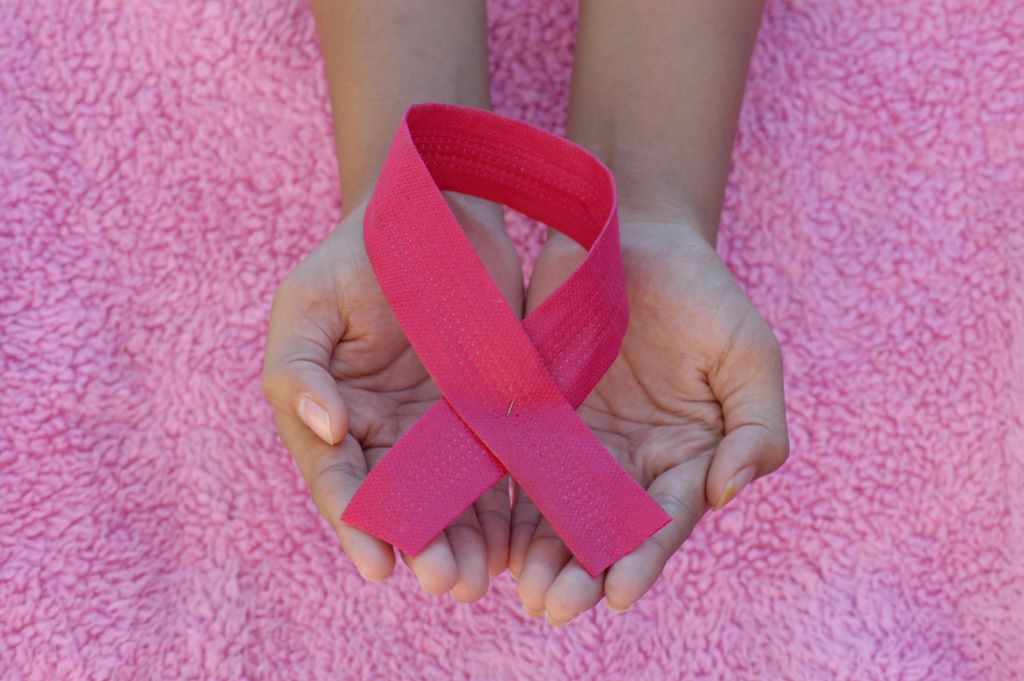
The very first human trial testing a vaccine against triple-negative breast cancer is set to begin.
As we all regretfully know, breast cancer is one of the most common yet deadly cancers out there. At the time of writing, breast cancer may only be prevented through mastectomy (a surgical operation to remove a breast), as it doesn’t respond to hormone or targeted drug therapies.
Yet just last week, the Cleveland Clinic – a medical centre in the US – announced that it’s launching a ‘first-of-its kind’ human trial testing a vaccine shot designed specifically to prevent triple-negative breast cancer. Up until now, developments in triple-negative breast cancer vaccines have been constrained to lab work and animal research.
But thankfully, the human trial can launch now that the US Food and Drug Administration approved an investigational new drug application for the vaccine. Though the trial will only include early-stage, triple-negative breast cancer survivors who are at risk for recurrence, researchers hope to eventually take the vaccine to healthy people at high risk for the disease, especially those with the BRCA1 gene mutations.
While the trial will only include early-stage triple-negative breast cancer survivors who are at high risk for recurrence, the researchers hope to next take the vaccine to healthy people at high risk for the disease, like those with BRCA1 gene mutations.
If you’re a huge fan of The Bold Type as I am, you’ve probably heard of the BRCA1 gene mutation already… In case you haven’t, a positive test for the BRCA1 (or BRCA2) mutation would mean that one has a mutation in one of the breast cancer genes – BRCA1 or BRCA2 – and so, are at a higher risk of developing breast cancer or ovarian cancer (in comparison to someone who doesn’t have the mutation within their DNA). However, a positive test for the mutation doesn’t necessarily mean you’re certain to develop cancer.
Further, in an official press release, the principal investigator of the study, Dr. G. Thomas Budd, from the Cleveland Clinic’s Taussig Cancer Institute remarked: ‘Long term, we are hoping that this can be a true preventive vaccine that would be administered to healthy women to prevent them from developing triple-negative breast cancer, the form of breast cancer for which we have the least effective treatments’.
Regretfully, triple-negative breast cancer accounts for roughly 12% to 15% of all breast cancers and kills nearly a quarter of patients within five years of diagnosis. Statistically, triple-negative breast cancer is more common among African American women and those with BRCA1 mutations.
Significantly, the disease is normally accompanied by a protein called α-lactalbumin, which normally only appears when a person is lactating.
The vaccine aims to target that protein, prompting the immune system to stave off emerging breast tumours that express it. The shot will also include a drug that alerts the immune system to α-lactalbumin in order to halt any developing tumour growth.
The human trial will include 18 to 24 patients who are tumour-free after being treated for early-stage triple-negative breast cancer within the last three years. The participants will receive three shots, each two weeks apart. However, researchers will first start with low doses in a few patients and monitor them closely before increasing the dose and including more participants.
‘Once we’ve figured out how much of the vaccine we can give, we’ll look at its effects on the immune system,’ Dr. Budd explained. ‘That will help us know whether the vaccine is doing what we want it to do, and then we’ll expand each dose level.’
An additional researcher in the study, Dr. Vincent Tuohy, added: ‘This vaccine strategy has the potential to be applied to other tumour types’. ‘Our translational research program focuses on developing vaccines that prevent diseases we confront with age, like breast, ovarian and endometrial cancers. If successful, these vaccines have the potential to transform the way we control adult-onset cancers and enhance life expectancy in a manner similar to the impact that the childhood vaccination program has had.’ In other words, a vaccine against the most aggressive form of breast cancer is one step closer to reality.
The study is expected to conclude by September 2022 and is being funded by the US Department of Defence.
If you wish to read about the study further, you can do so by clicking here.
Do you have an experience you’d like to share with us at wham, either in your name or anonymously? Contact us or send us an email at [email protected]

Michela Muscat is a 20-year-old University student who strives on feminism, fashion, dancing, beauty, writing… and a good bottle of vino.
From waitressing to writing, she has been determinedly working ever since she was 15, started writing professionally at 18, and has never been afraid to speak her mind. In all aspects of her personal life and work, Michela has always aimed at keeping it real and prioritises female empowerment, independence, equality, and above all, unity.

